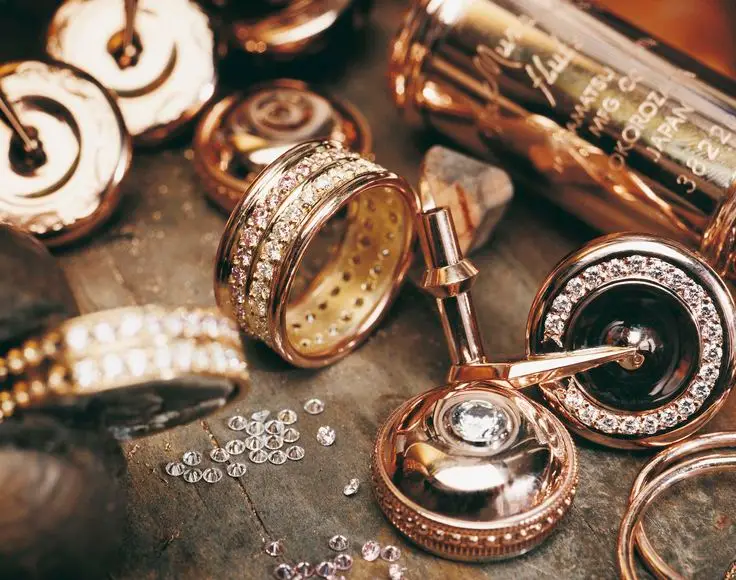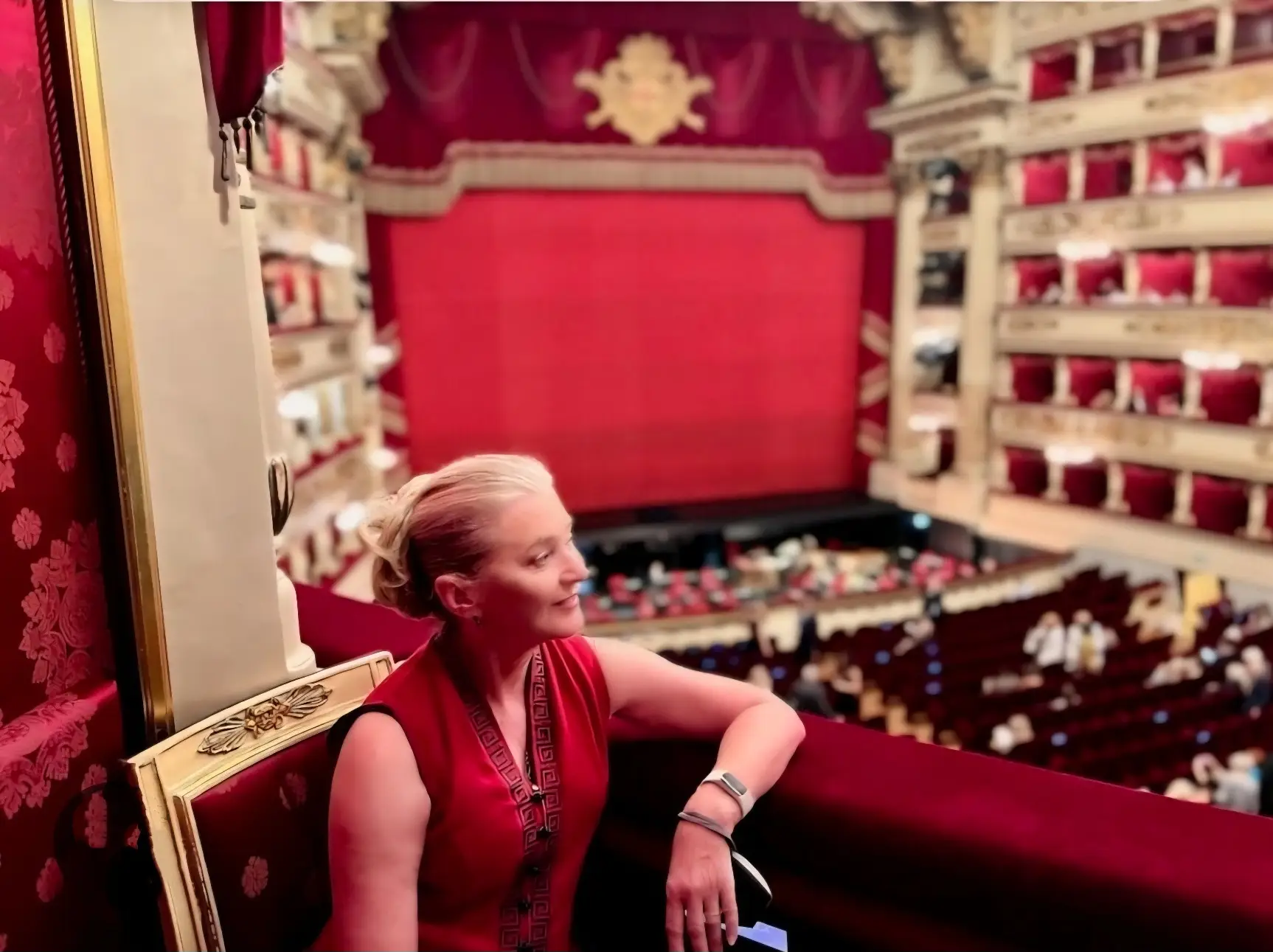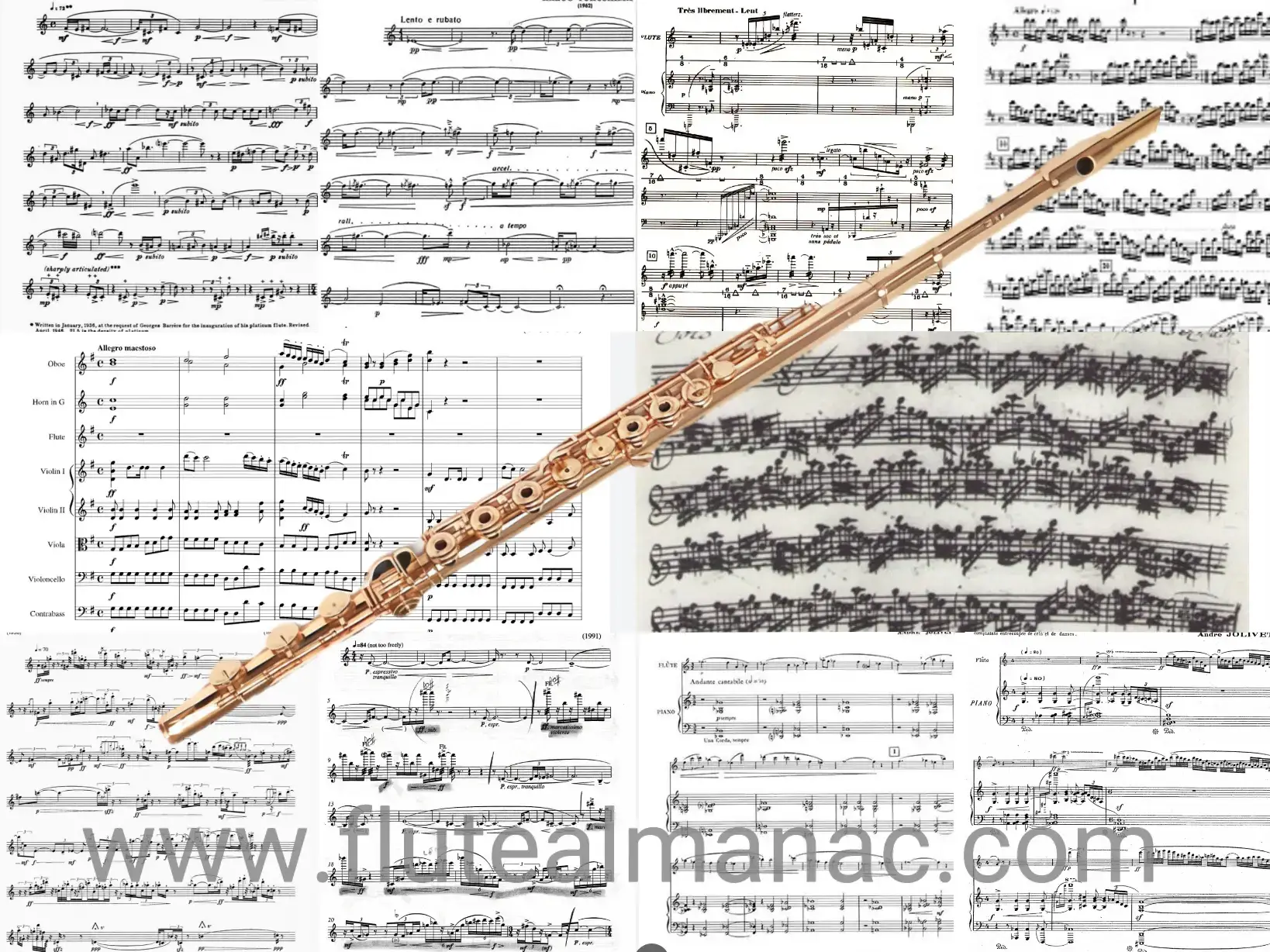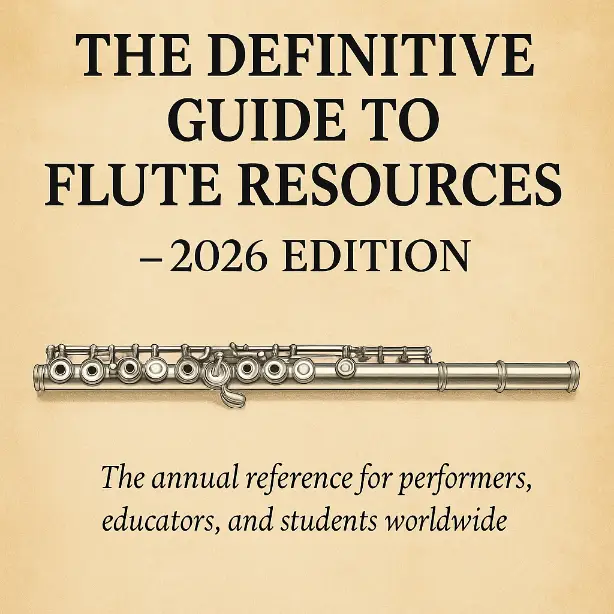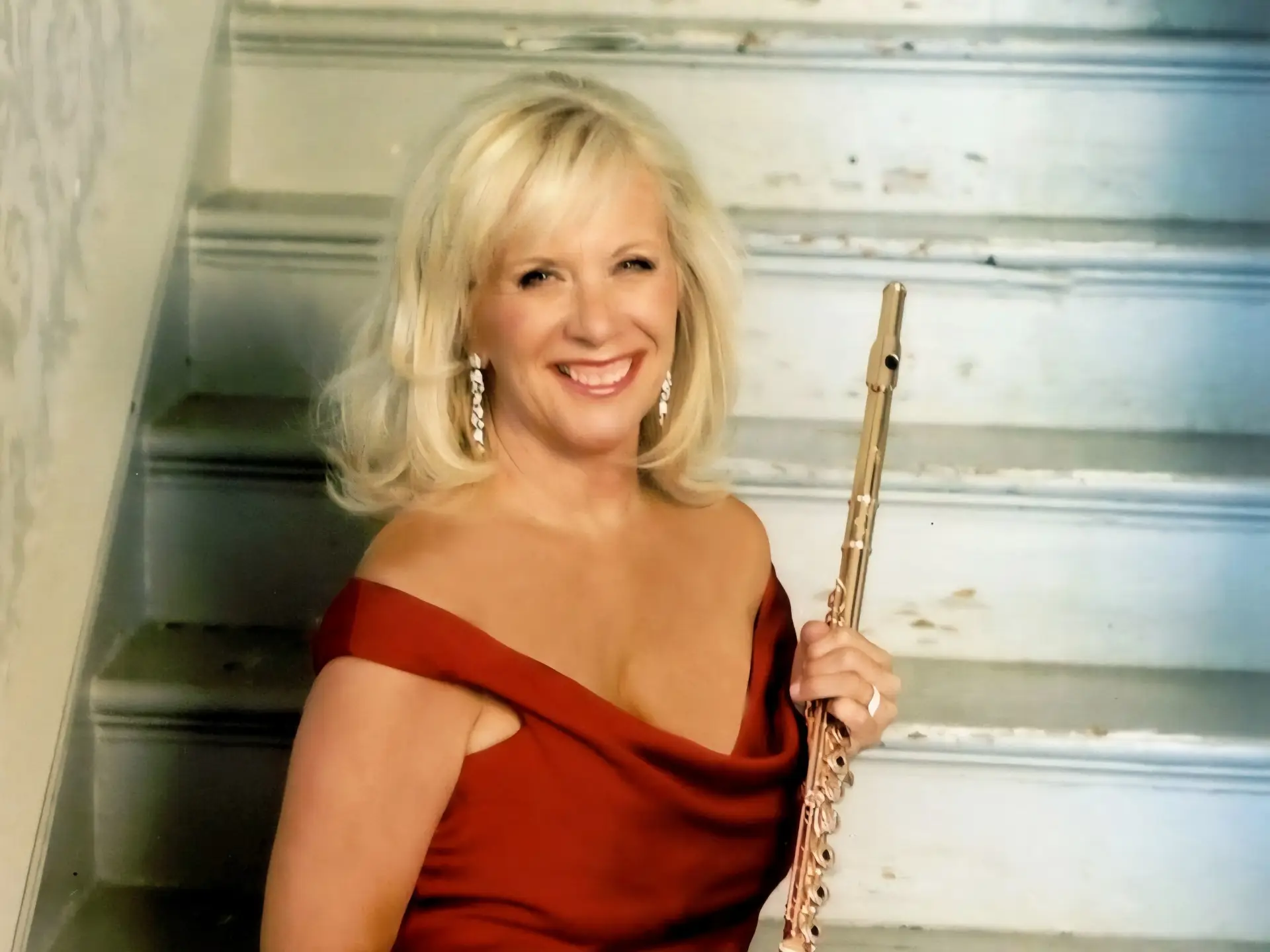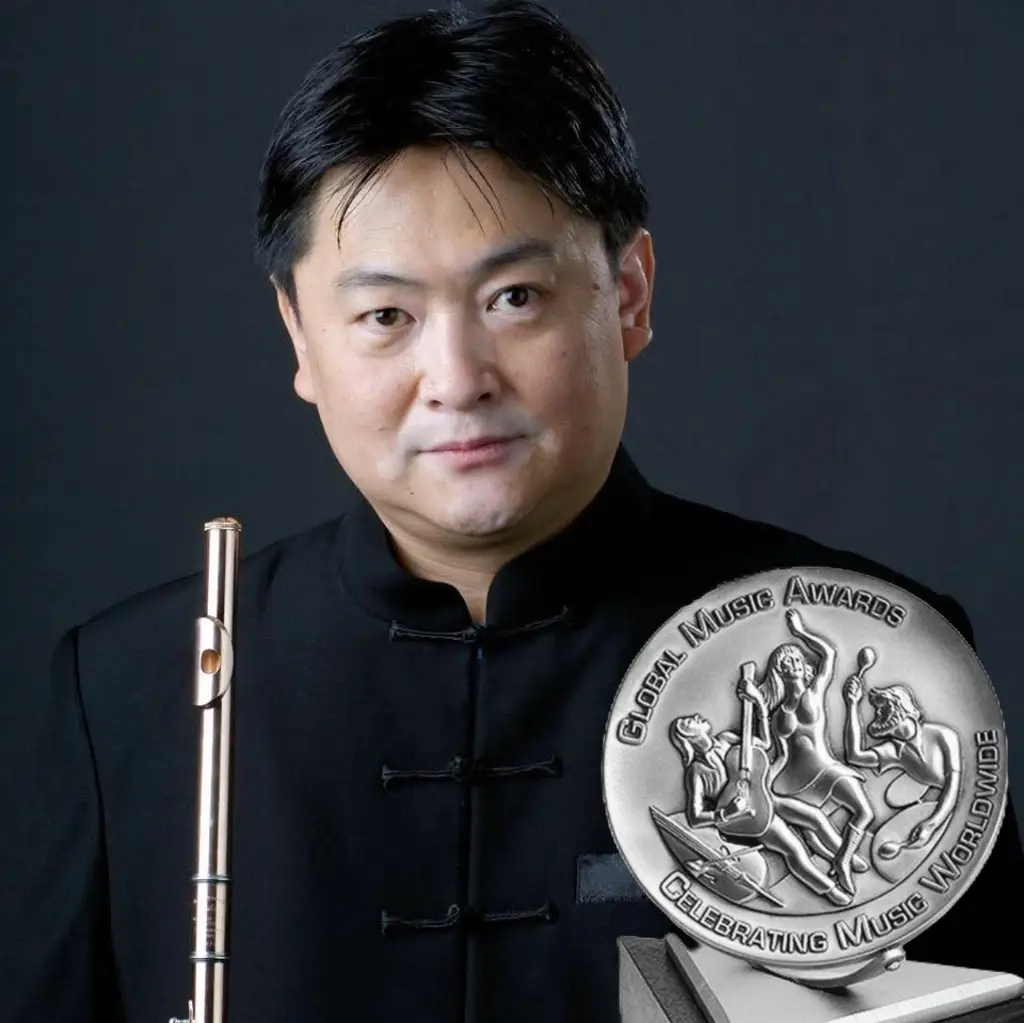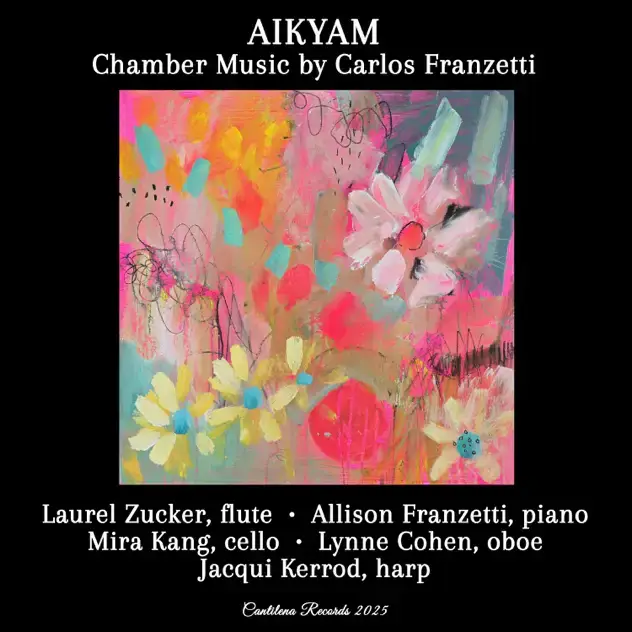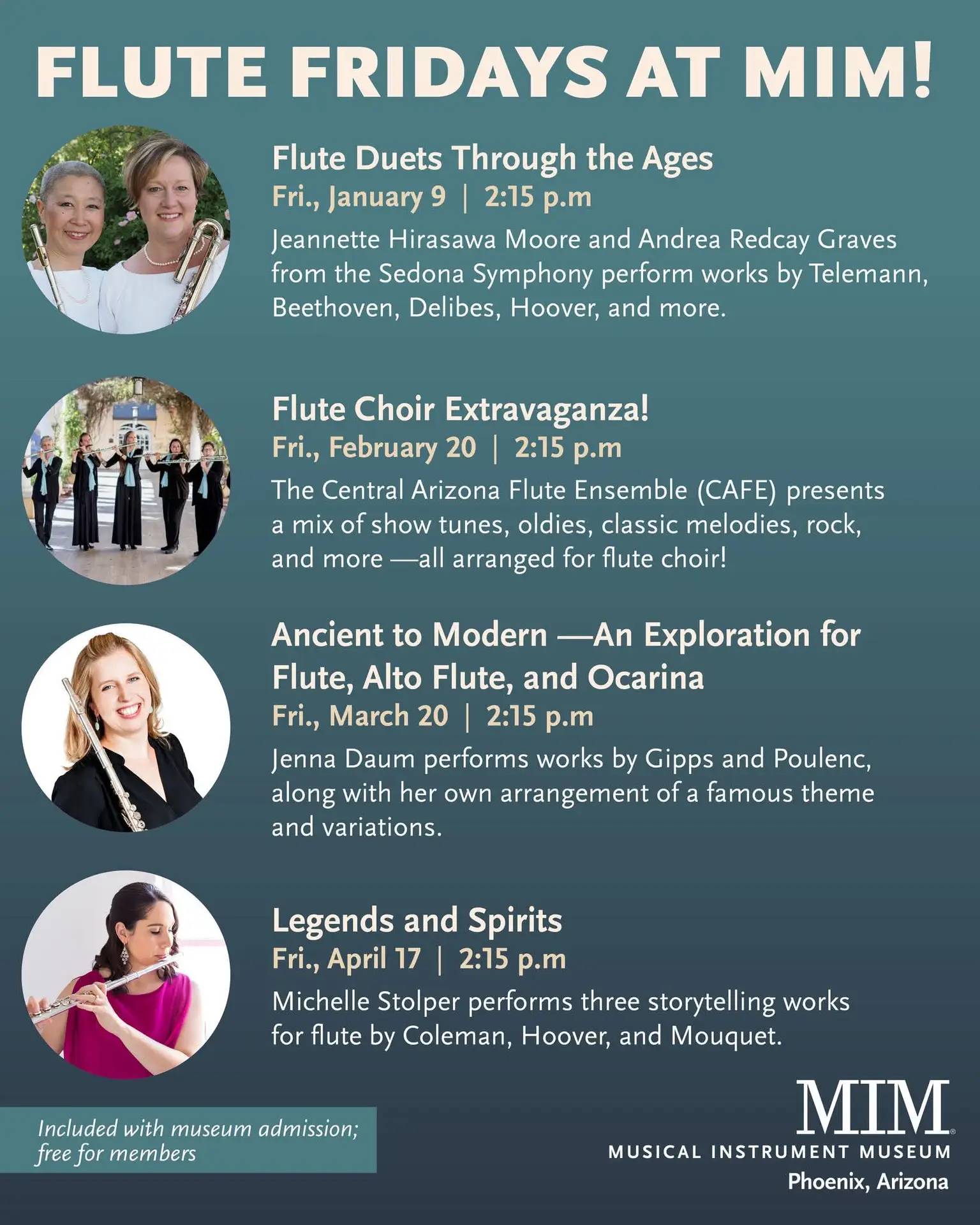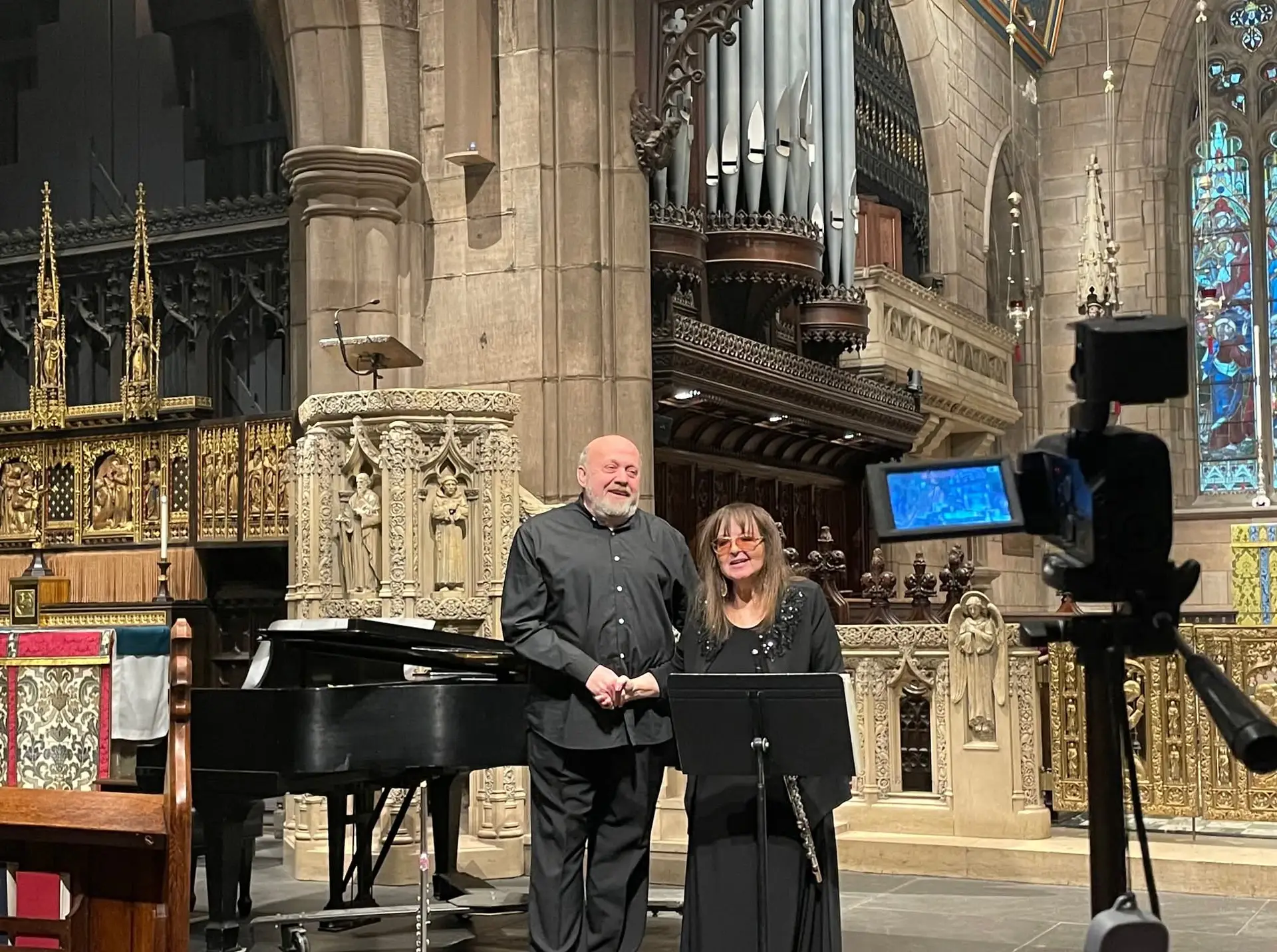In an age where every moment is filtered through a lens and posted to social media before it’s even lived, something sacred is being lost inside concert halls and theaters around the world: the art of truly listening.
In a recent interview, Jethro Tull’s frontman Ian Anderson offered an unflinching assessment of the state of modern audiences. “Anything goes in some people’s minds,” he said, speaking to Laura Steele Media. “But you’ve gotta have respect for the performers and the sensibility of the environment and what it’s about.”
Anderson described a growing trend of intrusive behavior at live events, particularly regarding the ever-present smartphone. “The first time I encountered that… there’s suddenly this sea of arms shooting into the air, and you suddenly notice they’ve got phones on the end of them,” he recalled. For Anderson and many artists like him, this shift represents more than a passing annoyance – it’s a profound erosion of the performer-audience relationship.
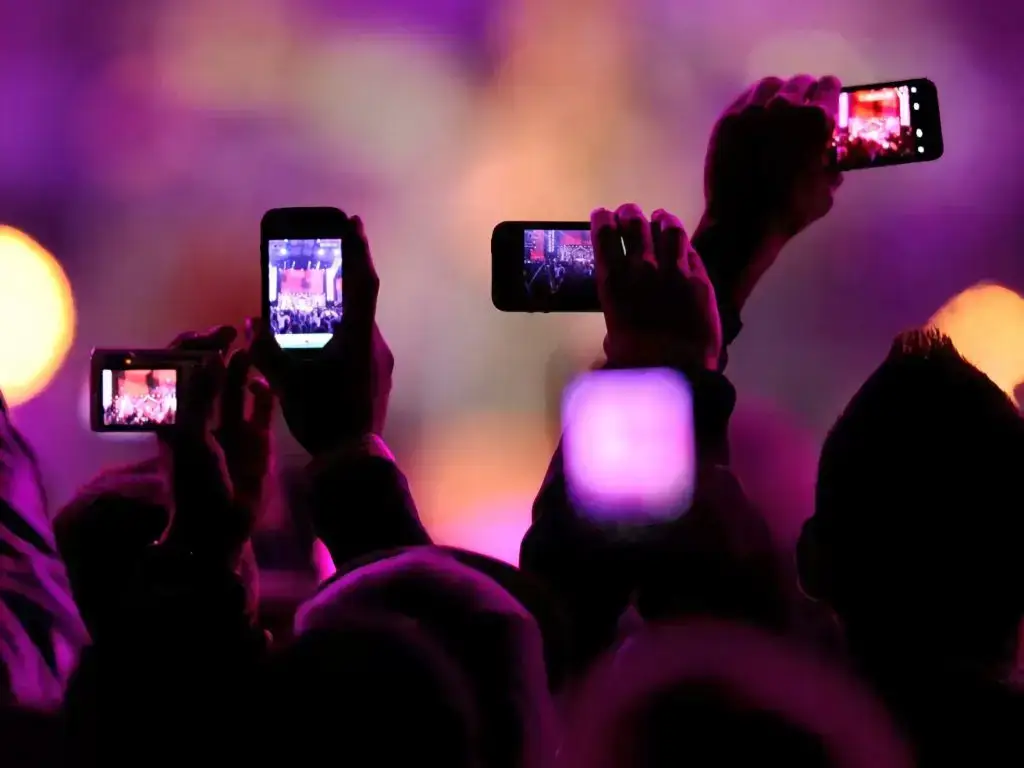
While his words may seem directed at rock or theater audiences, classical musicians are not immune to this cultural decline. Fortunately, many classical concerts are still spared the worst of the chaos. But even these once-reverent spaces are no longer fully safe from disruption. The sight of glowing screens during delicate piano solos or the chirp of a phone during a moment of intense musical concentration is no longer unheard of.
Anderson continued: “If you’re coming to a Jethro Tull concert, I think you should probably leave the phone at home or at least in your pocket.” And he’s not alone in this sentiment.
Many flutists have noted that phones are a distraction from the shared experience that music offers. They speak of the erosion of attention spans, observing that performers now fight not just to be heard, but to be held in attention for longer than thirty seconds. That shift, they say, changes how you play – and not for the better.
The issue, Anderson emphasizes, isn’t limited to music. “It could apply to a ballet dancer or an opera singer or a thespian in the midst of a Shakespearean dramatic play,” he said. “It happens to all of us.”
Indeed, British actors have voiced similar frustrations. In 2023, the cast of Les Misérables in London stopped mid-performance when an audience member climbed onstage for a selfie. The Royal Shakespeare Company has issued repeated pleas for theatergoers to keep phones off and maintain decorum. If even Shakespeare must compete with TikTok, what hope is there for the subtle artistry of a flute sonata?
To musicians trained to shape every nuance of phrasing, silence is as important as sound. In such environments, even a whisper, a crinkle of a snack wrapper, or a flicker from a screen can break the spell. “I’m trying to concentrate on playing sometimes quite difficult music,” Anderson said. “And I don’t like to be interfered with.”
What’s most tragic is how many audience members no longer realize what they’re missing by documenting instead of experiencing. A camera might capture an image – but it can’t record the goosebumps from a well-placed harmonic or the breathless hush after a cadenza.
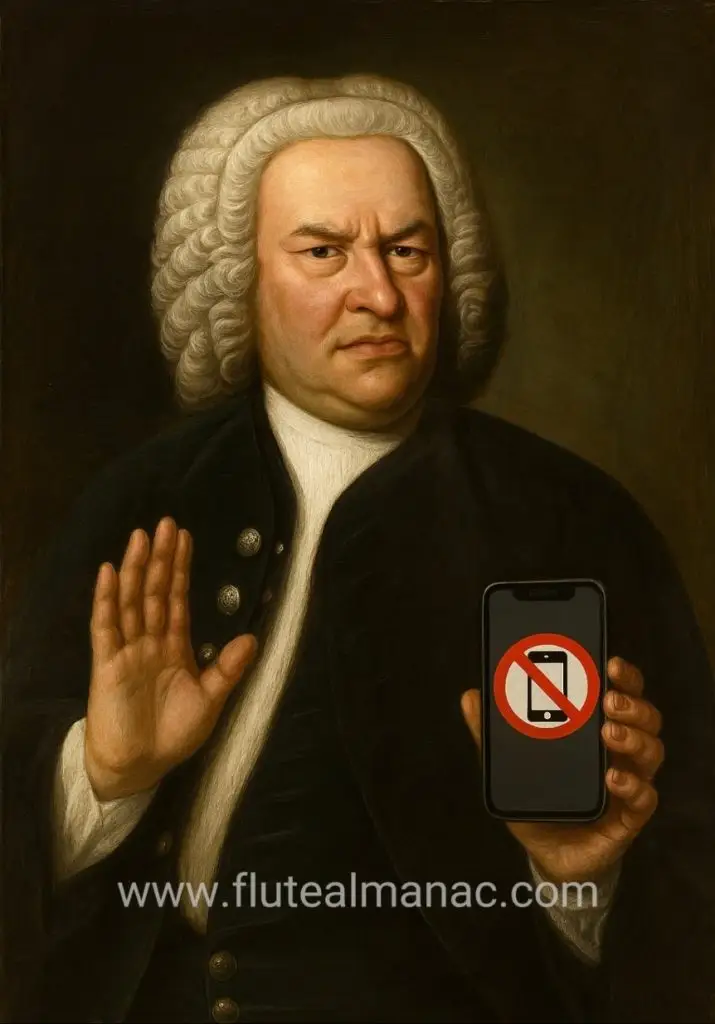
Many venues have begun asking audiences to keep their phones away until encores, and Anderson reports about 95% compliance when such announcements are made. “It usually gets a round of applause when they hear my voice saying that,” he added, “because a lot of people feel the same way.” It’s a hopeful sign – but also a reminder of how far we’ve drifted from shared etiquette.
There was once a time when whispering during a recital was unthinkable, when concert attire was a sign of reverence, and when a live performance was treated as a near-sacred encounter between artist and listener. Have we forgotten how to listen?
The answer, perhaps, lies in education – and in more artists speaking out as Anderson has. If we want to preserve what’s left of the concert tradition, we must redefine what it means to be an audience in the 21st century. Not as passive consumers of spectacle, but as respectful participants in a moment that can never be repeated.

